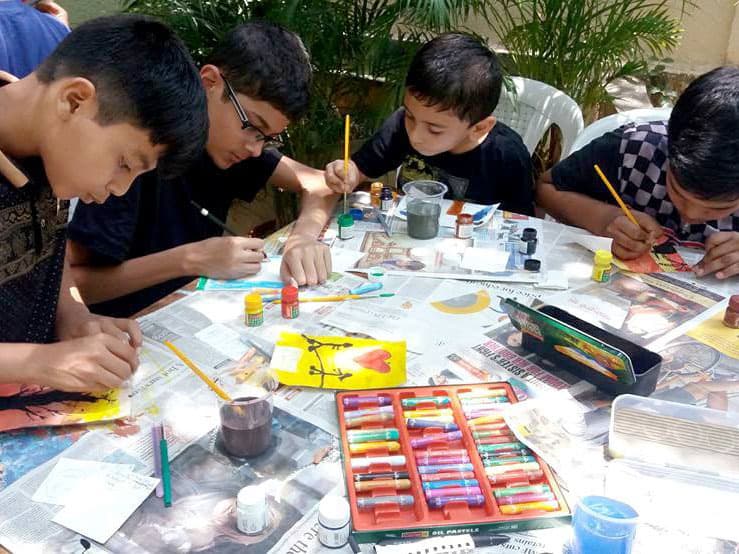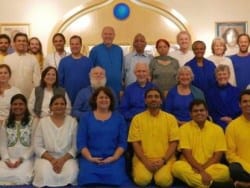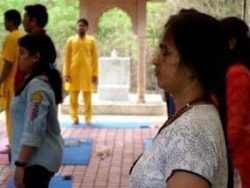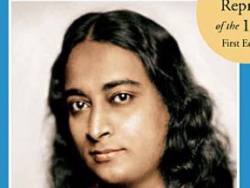
“Education for Life is just what India needs!” – Dr. APJ Abdul Kalam, (former president of India, to EFL founder Swami Kriyananda, 2006)
EFL is a holistic, child-centred, experiential educational approach in itself, but its principles and practices can be used as well by teachers who follow other approaches.
EFL is equally applicable in the home as in the school in guiding the development of maturity … which can simply be defined as the ability to take others’ realities into consideration. Fostering maturity is the goal of home and school alike.
With EFL, the instructional and parenting process is a joy for both children and adults through encouragement of mutual learning and recognition of life itself as a school. This does not imply less concern for academics. Time and again, the children achieve test scores in the top tier … but without anxiety and stress.
EFL also develops universally recognised, non-sectarian values and life skills; for example, making informed choices, compassion, and creativity. When students transfer to other schools and move into careers, they are seen as well prepared for life, able to surmount, even welcome, challenges—thus, natural leaders.


















